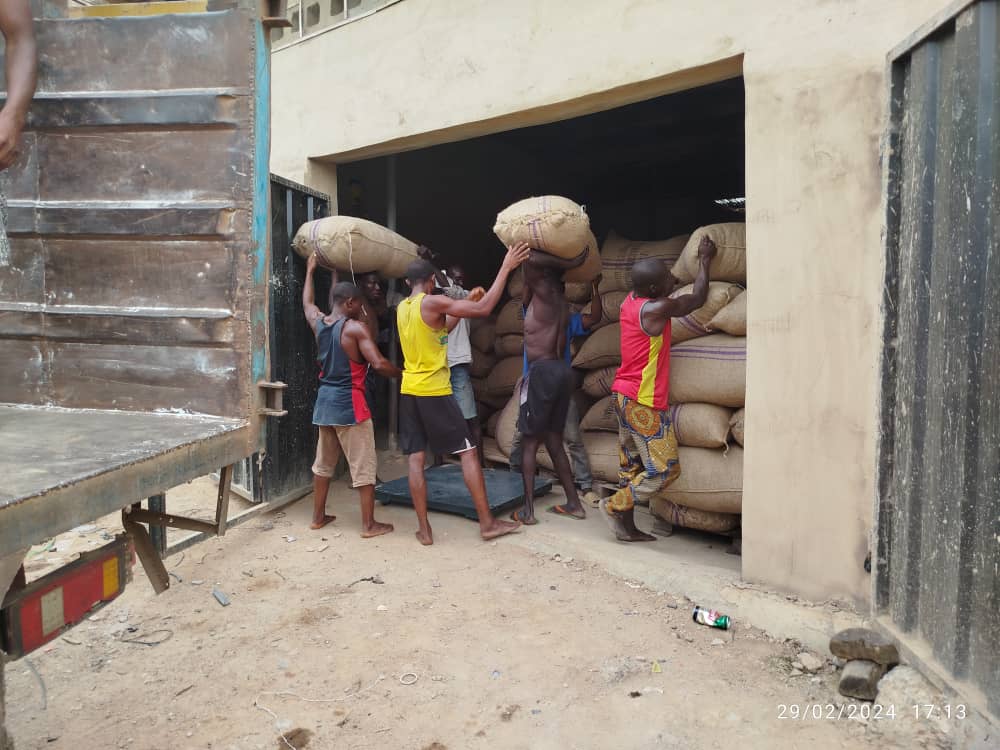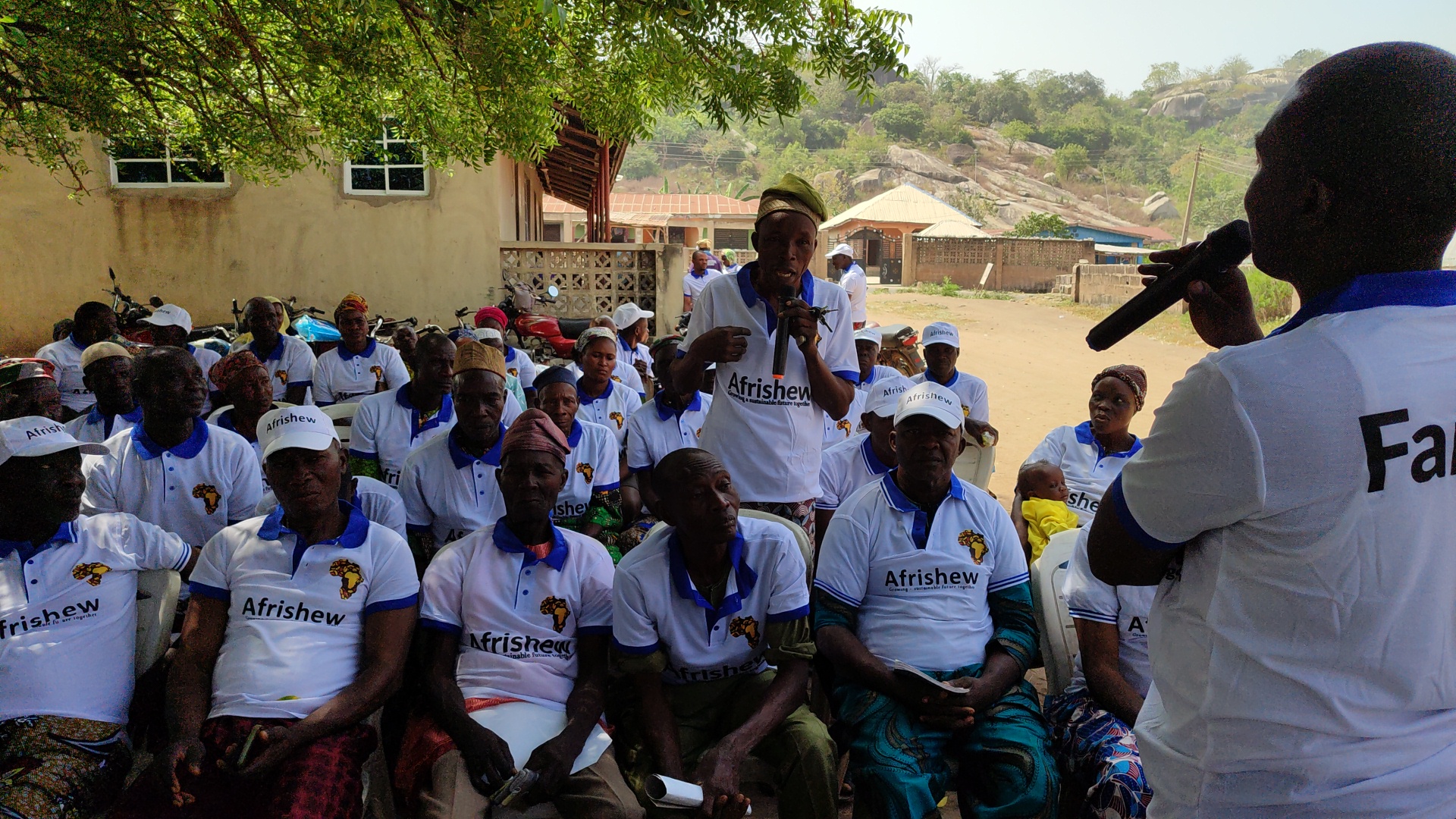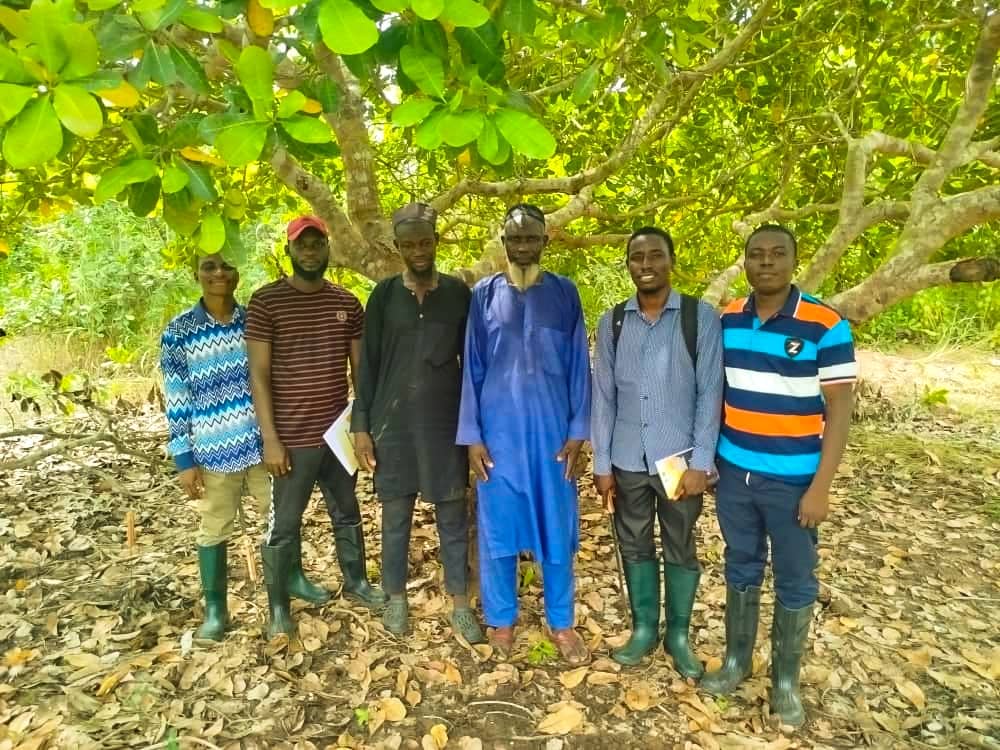


At Afrishew, supporting the farmers in our network is central to our mission of driving sustainable agriculture. Recently, our sustainability officers conducted thorough farm assessments across multiple regions, and the findings highlighted both the progress and challenges farmers are experiencing in cashew farming. Through this process, we’ve gained invaluable insights into the ongoing issues farmers face, as well as the critical role of good farming practices in overcoming these challenges.
Key Challenges Identified
Based on feedback from our sustainability officers, the following challenges were identified across the farms we assessed:
- Prevalence of Diseases: Many farms are experiencing significant issues with crop diseases, including:
- Dieback of Twigs
- Anthracnose
- Twig Gummosis
- Damping off of seedlings
- Fruit Rot
- Inflorescence Blight
- Apple Spot
- Poor Drainage and Farm Management: Some farms, particularly in areas with challenging terrains, suffer from poor drainage systems, which exacerbate disease problems and lead to soil degradation. Furthermore, issues such as improper spacing, lack of pruning, and limited access to fungicides and pesticides were observed. These challenges highlight the need for improved farm management practices.
- Limited Access to Resources: Farmers often lack access to high-quality inputs such as fungicides, pesticides, and the necessary training to implement proper farming techniques. This lack of resources is a significant barrier to improving farm productivity and sustainability.
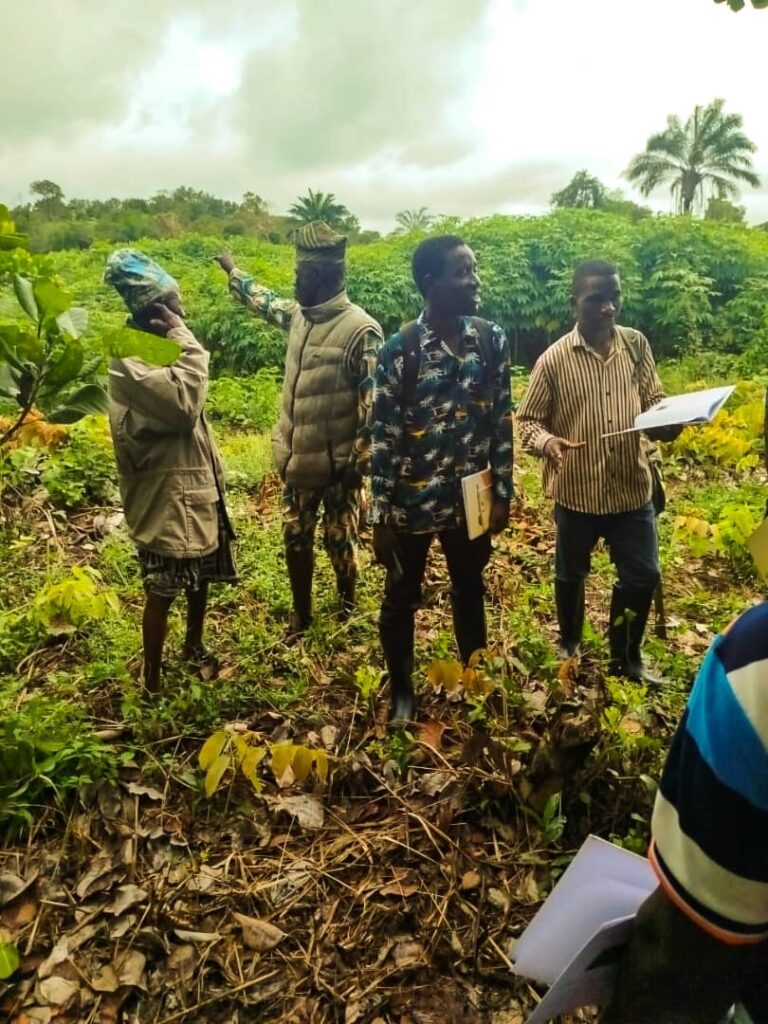
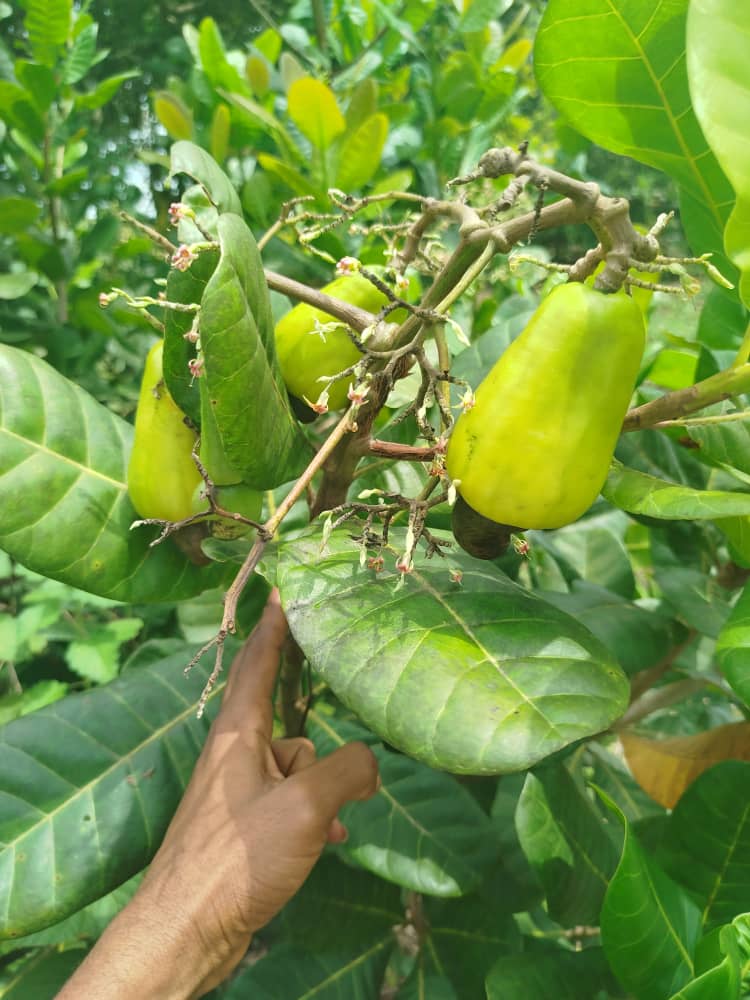

The Importance of Good Farming Practices
Good agricultural practices, especially in disease management, crop maintenance, and farm infrastructure, are crucial to overcoming these challenges. Practices such as proper pruning, regular spacing, and adequate drainage can significantly reduce disease prevalence and improve crop health. Additionally, the timely application of fungicides and pesticides—such as chlorpyrifos, cypermethrin, and copper-based fungicides—can control diseases and pests more effectively, as recommended by our sustainability officers.
However, these practices require continuous training, access to quality inputs, and hands-on support. This is where Afrishew’s Farm Clinic program comes in, offering a tailored solution to meet these needs.
How Afrishew’s Farm Clinic Program is Providing Support
Through our Farm Clinic program, we are addressing the challenges identified by providing farmers with the knowledge, resources, and ongoing support necessary to implement good farming practices. Our program offers:
- Training and Workshops: We organize pre-season training sessions to educate farmers on best practices for pruning, spacing, and disease management. Farmers in the program are now equipped with the knowledge to use fungicides and adopt better pruning methods.
- Supply of Inputs: We ensure farmers have access to high-quality inputs, such as chlorpyrifos, cypermethrin, and other essential fungicides, helping them control diseases effectively.
- Field Visits and Assessments: Regular farm assessments allow us to track the progress of each farm, offering personalized recommendations to address specific issues. Our sustainability officers provide one-on-one support to guide farmers in implementing the recommended changes.
- Improved Infrastructure: In farms facing drainage issues, we are working to improve drainage systems and other critical infrastructure to prevent waterlogging and reduce the spread of soil-borne diseases.
Looking Ahead
The challenges identified in our assessments are not insurmountable, but they do require a committed approach to good farming practices, access to resources, and ongoing support. At Afrishew, we are proud to work alongside our farmers, providing the tools and knowledge they need to thrive.
As we continue to expand our Farm Clinic program, we aim to reduce disease prevalence, improve farm productivity, and ensure that farmers are not only equipped to face challenges but are also empowered to succeed in the long term.


